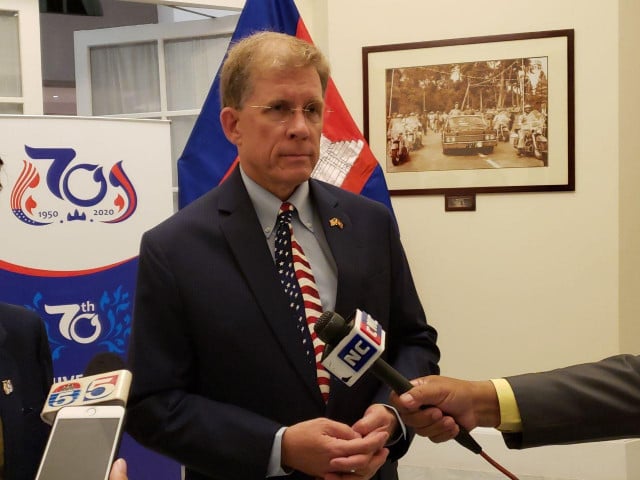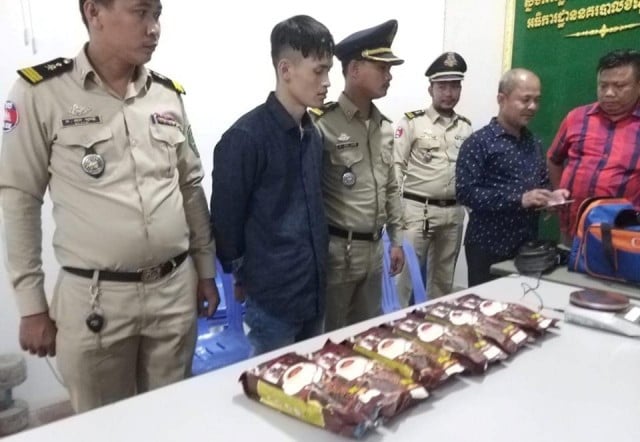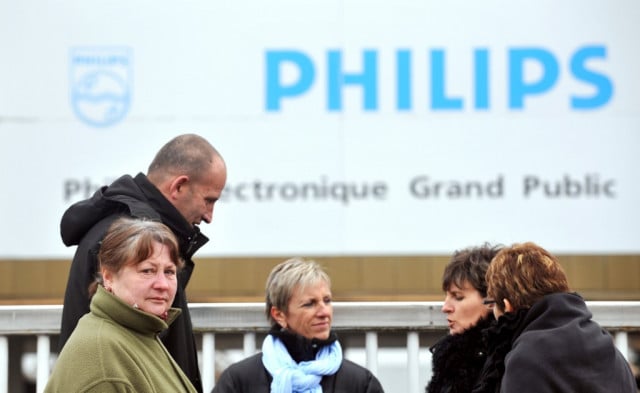Bangladesh's Hasina Wins Re-election after Polls without Opposition

- By Agence France-Presse (AFP)
- January 8, 2024 10:50 AM
Dhaka, Bangladesh -- Bangladesh's Prime Minister Sheikh Hasina won re-election for a fifth term Sunday, officials said, following a boycott led by an opposition party she branded a "terrorist organisation".
Hasina's ruling Awami League "has won the election", an Election Commission spokesman told AFP in the early hours of Monday morning, after a vote that initial reports suggested had a meagre turnout of some 40 percent.
She has presided over breakneck economic growth in a country once beset by grinding poverty, but her government has been accused of rampant human rights abuses and a ruthless opposition crackdown.
Her party faced almost no effective rivals in the seats it contested, but it avoided fielding candidates in a few constituencies, in an apparent effort to avoid the legislature being branded a one-party institution.
The opposition Bangladesh Nationalist Party (BNP), whose ranks have been decimated by mass arrests, called a general strike and, along with dozens of others, refused to participate in a "sham election".
While the final result and exact figures will be formally announced at a ceremony later on Monday, election commission officials said Hasina's party had won around three-quarters of seats, at least 220 of the total 300.
But support of other lawmakers including from allied parties could push Hasina's control over parliament even higher.
- 'Disgrace' -
Hasina, 76, had called for citizens to show faith in the democratic process.
"The BNP is a terrorist organisation," she told reporters after casting her vote. "I am trying my best to ensure that democracy should continue in this country."
First-time voter Amit Bose, 21, said he had cast his ballot for his "favourite candidate", but others said they had not bothered because the outcome was assured.
"When one party is participating and another is not, why would I go to vote?" said rickshaw-puller Mohammad Saidur, 31.
BNP head Tarique Rahman, speaking from Britain where he lives in exile, told AFP he feared "fake votes" would be used to boost voter turnout.
"What unfolded was not an election, but rather a disgrace to the democratic aspirations of Bangladesh," he wrote on social media, alleging he had seen "disturbing pictures and videos" backing his claims.
Among the victors was Shakib Al Hasan, the Bangladesh cricket team captain, who won his seat for Hasina's party be a landslide, local officials said.
- Fear of 'further crackdown' -
The BNP and other parties staged months of protests last year, demanding Hasina step down ahead of the vote. Officers in the port city of Chittagong broke up an opposition protest Sunday, firing shotguns and tear gas canisters.
But election officials said voting was largely peaceful, with nearly 800,000 police officers and soldiers deployed countrywide.
Meenakshi Ganguly, from Human Rights Watch, said Sunday that the government had failed to reassure opposition supporters that the polls would be fair, warning that "many fear a further crackdown".
Politics in the country of 170 million people was long dominated by the rivalry between Hasina, the daughter of the country's founding leader, and two-time premier Khaleda Zia, wife of a former military ruler.
Hasina has been the decisive victor since returning to power in a 2009 landslide, with two subsequent polls accompanied by widespread irregularities and accusations of rigging.
Zia, 78, was convicted of graft in 2018 and is now in ailing health at a hospital in Dhaka. BNP head Rahman is her son.
- 'Dangerous combination' -
Hasina has accused the BNP of arson and sabotage during last year's protest campaign, which was mostly peaceful but saw several people killed in police confrontations.
The government's security forces have been dogged by allegations of extrajudicial killings and enforced disappearances -- charges it rejects.
Economic headwinds have left many dissatisfied with Hasina's government, after sharp spikes in food costs and months of chronic blackouts in 2022.
Pierre Prakash of the International Crisis Group said before the vote that Hasina's government was clearly "less popular than it was a few years ago, yet Bangladeshis have little real outlet at the ballot box."
"That is a potentially dangerous combination."
© Agence France-Presse















